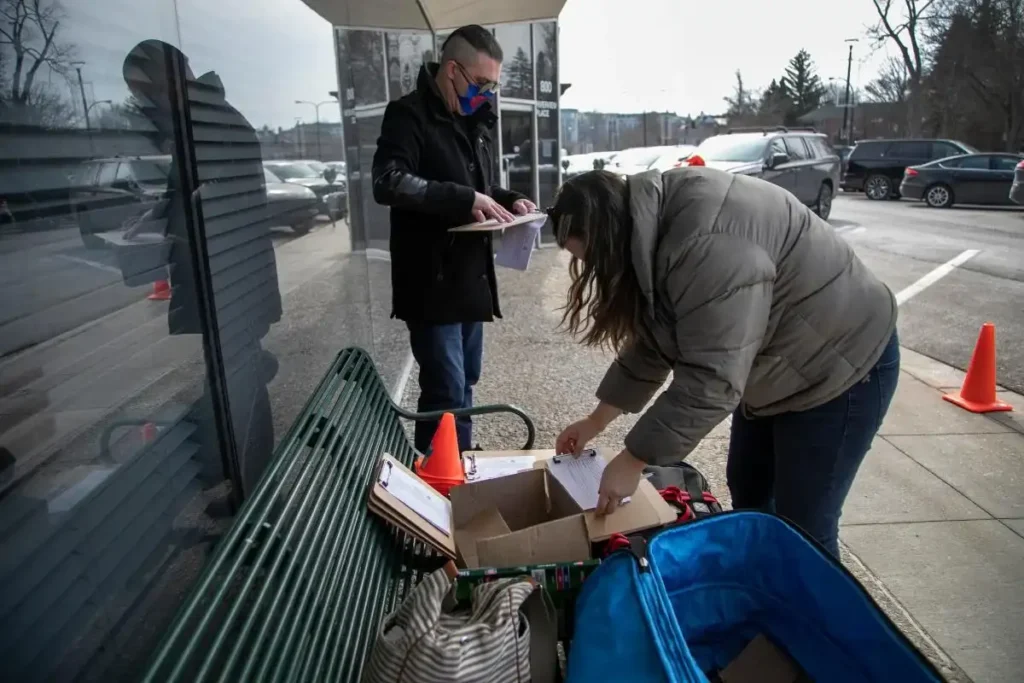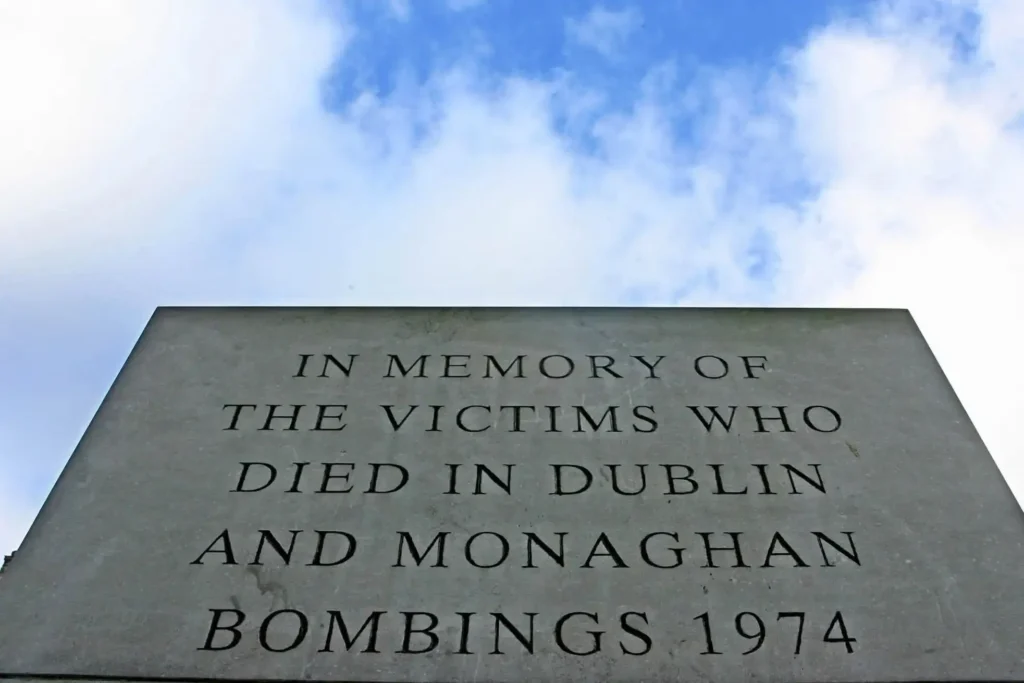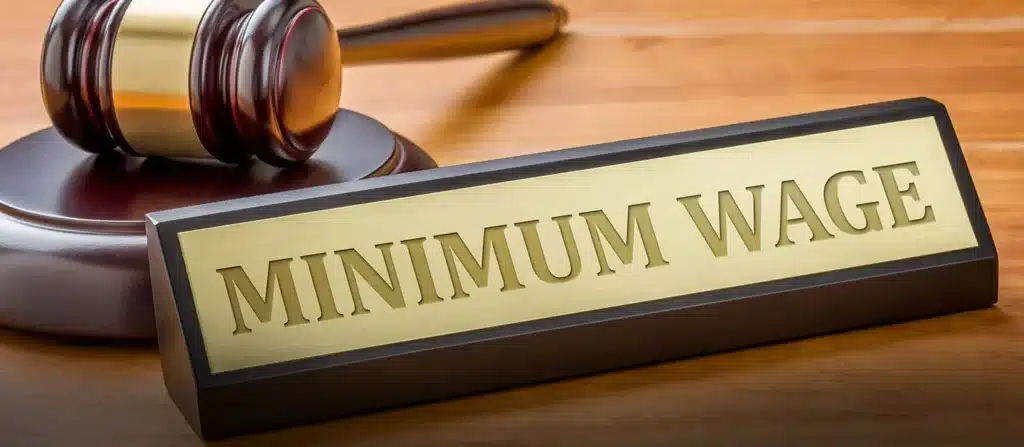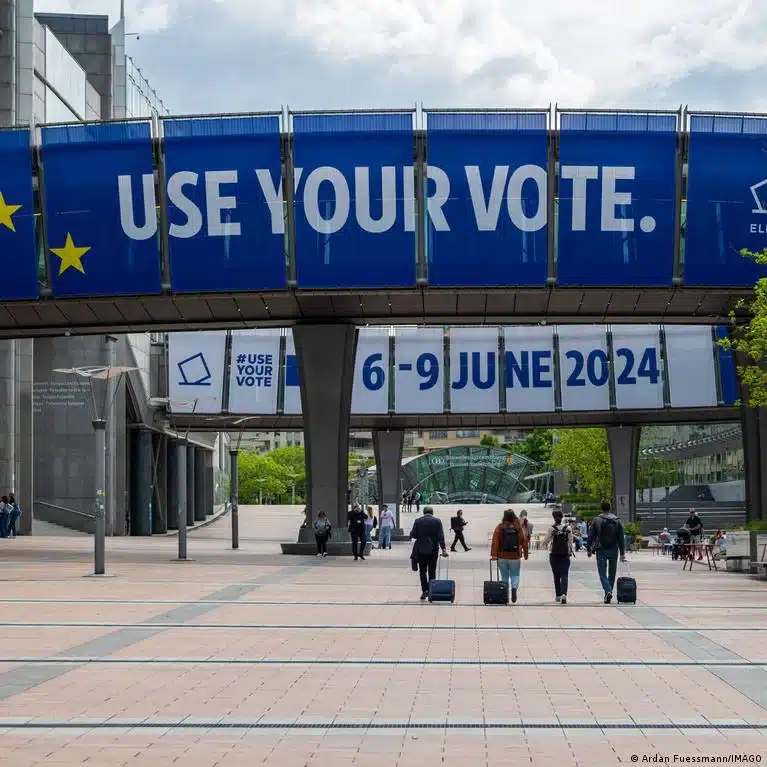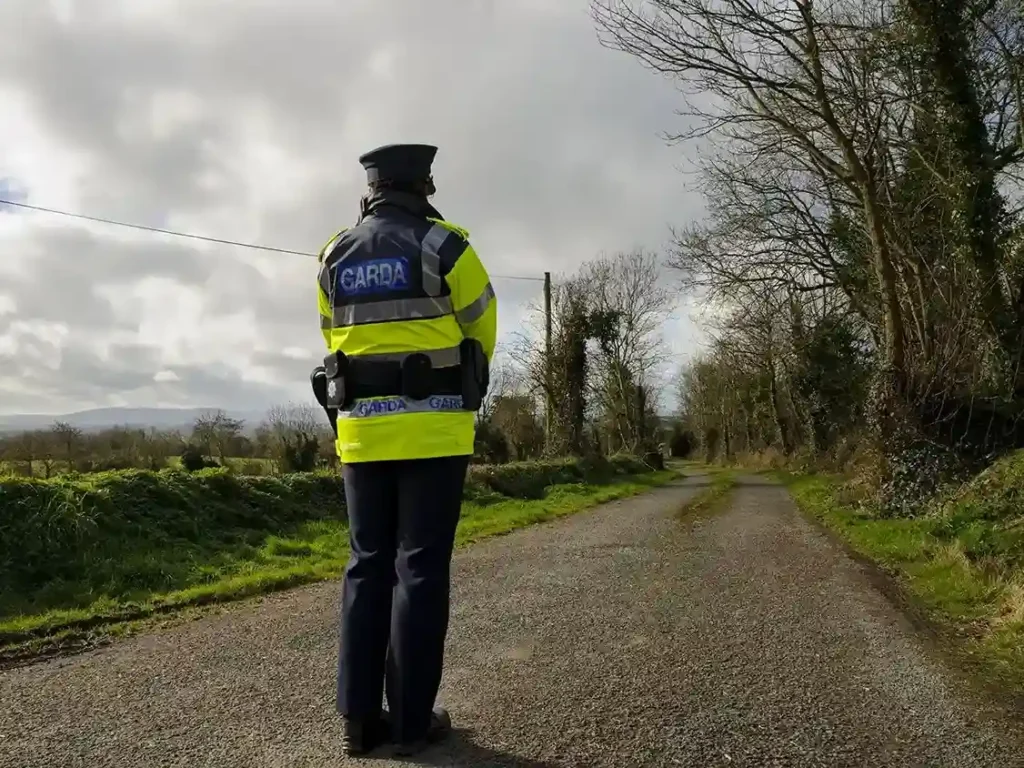Interview Of Pakistan’s Ambassador To Ireland On The Longstanding Jammu and Kashmir Dispute And Recent Standoff Between India and Pakistan
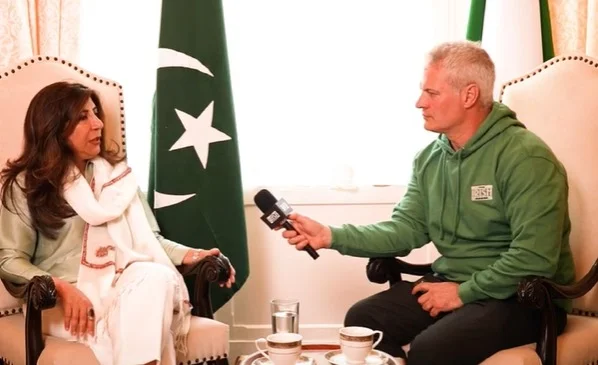
In a recent conversation with The Irish Insider, Her Excellency, Ms. Aisha Farooqui, Pakistani ambassador to Ireland, shared her insights on the recent India-Pakistan standoff, the longstanding Jammu and Kashmir dispute, and the importance of political dialogue in resolving international conflicts. This interview sheds light on Pakistan’s perspective and its call for peace through diplomacy.
Exclusive Interview of Pakistan’s Ambassador
Relief over the Current Ceasefire
The Irish Insider: Ambassador, I’d like to ask you about the Jammu and Kashmir dispute. Are you relieved there’s a ceasefire at the moment?
Ambassador: Yes, of course, we are relieved that the ceasefire has happened. This is a war we did not ask for. It was imposed on us. And as a sovereign nation, a very proud nation, we had no choice but to respond to the aggression that came from our neighbouring country.
Background of the Jammu and Kashmir Dispute
The Irish Insider: Can you give us a background to the Jammu and Kashmir dispute? Please?
Ambassador: Yes, just for your audience to understand the context of the current conflict, the Jammu and Kashmir dispute goes all the way back to 1947, at the time when Pakistan gained its independence and the partition of India took place from British colonial rule. Jammu and Kashmir is a disputed territory. It is a political dispute between our two countries that has been going on for over seven decades.
It started soon after our independence when, illegally, the Indian government, at that time, sent its troops into Jammu and Kashmir to take over forcibly and occupy it against the criteria and the principle established for the partition of different states in the undivided India at the time of partition.
So the brave people of Jammu and Kashmir have been fighting for their political rights. Since that time, there have been multiple resolutions by the UN Security Council since 1948 that the final settlement of the Jammu and Kashmir dispute remains to be taken in consultation with the aspirations and the wishes of the people of Kashmir. However, India has been reluctant to fulfil the requirements of the UN Security Council resolution and, since 2019, has illegally and unilaterally annexed Jammu and Kashmir. So this is an ongoing political dispute, and as you all know in Ireland, all political disputes have to be resolved by a political dialogue and not through war or aggression.
I think it is so easy to explain to our Irish friends that since they have made so many sacrifices in the Northern Ireland dispute and the peace process that finally culminated in the Good Friday Agreement 25 years ago, it had to be done through a political dialogue and through mediation, and that is what we seek. We believe that the final settlement of the Jammu and Kashmir dispute remains to be done and can only be done through a dialogue process.
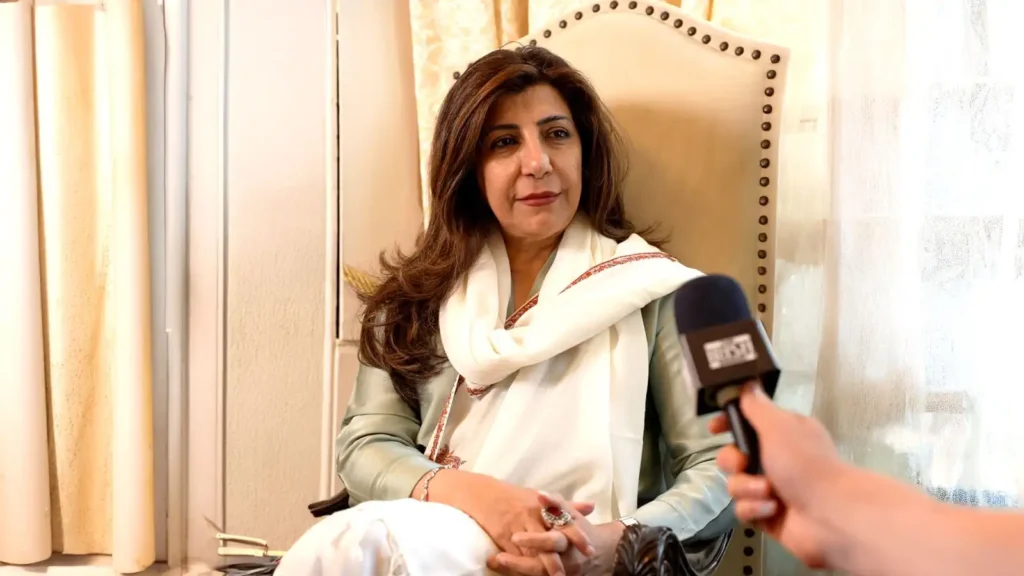
“Pakistani Ambassador during the interview with The Irish Insider“
Reasons Behind the Recent Conflict
The Irish Insider: In your opinion, as a seasoned diplomat, why do you think this conflict began now?
Ambassador: So you see, it is unprecedented in the history of this world to have one nuclear state attack another nuclear state with missiles and fighter jets, which India has done in this present conflict, which we are, of course, shocked at it, and the world should take note of it also under a nuclear overhang. It is inconceivable and absurd for one nuclear power knowing fully well the capacity of its neighbouring country to launch an attack, which they think they could do in conventional armed space.
I think two things happened. One, the government of India underestimated the capacity and the resolve of the government of Pakistan, the Pakistani military and the people of Pakistan to stand up and respond to protect their sovereignty and their country. So they underestimated us.
Two, I think they misread the international community’s mood, and they probably, I can only assume, they think that the time is ripe for them to take unilateral actions against Pakistan, to establish a precedent that whenever there is a terrorist attack anywhere in India, So without any evidence, without any inquiry, they can immediately blame Pakistan and send fighter jets across the international border, into Pakistani cities.
That is a precedent that is completely unacceptable to us, and the response from Pakistan was made to establish that any such new normal that the government of India plans to establish is not accepted by the people of Pakistan, and therefore we gave back more than what we got.
The Role of Image Projection and Branding in Global Narratives
The Irish Insider: Do you think India has invested heavily in building its global image, making it easier to control the international narratives you just mentioned? Meanwhile, Pakistan, especially after 9/11 and the war in Afghanistan–has taken a different path. How do you view the importance of image projection, branding and why do you think it matters, or does it, to a global audience?
Ambassador: Well, you see, for one we live in a very tough neighbourhood. And we’ve had war in Afghanistan for over four decades, and a lot of blowback from that war against terror in Afghanistan came into Pakistan, and our people have suffered greatly for that for decades. The number of people’s lives that we have lost runs into tens of thousands, the economic opportunities and the losses, in material terms that we have, that we have suffered–runs into billions of dollars.
So you know, our nation has gone through a lot of international projection, international branding, image control is all very good and serves a purpose, I would think in terms of building a certain reputation and a certain perception. And yes, India has been successful in many ways, in building that reception, that perception and putting out its soft power.
But we have seen in this particular conflict that the international image of India could not withstand when push came to shove. So in the present conflict, to give you an example, I think that international reputation of India has taken a big hit, in our view, and a big hit on three levels, Indian media’s reputation has really been exposed for putting out an entire disinformation campaign that had nothing to do with the reality of the conflict and what was happening in Pakistan. Just to give you an example, on the 10th of May, Indian media put out a lot of on mainstream channels that the Karachi port had been overtaken.
The Prime Minister of Pakistan had been taken to a shelter. The chief of the army staff had been arrested to the audience in Pakistan who were, of course, the citizens of Pakistan were keenly watching what was happening in real time. This was absolutely absurd, because no such thing was happening in the streets and cities of Pakistan. It was all very calm, and as if they were in a parallel universe. It was quite absurd.
So Indian media has really been exposed. That’s one, the other is that when the Pahalgam attack happened on the 22nd of April, which triggered this outbreak of conflict between our two countries.
One of the immediate steps that the Indian government took was to suspend the Indus Water Treaty.
Indus Water Treaty, just for your audience to know, was signed between our two countries in 1960 brokered by the World Bank to allocate the share of water of the rivers that flow from the mighty Indus, according to which the three western rivers flow into Pakistan and the three Eastern rivers flow into India. And there is no provision in the treaty to unilaterally suspend the treaty and to use water as a weapon of war.
So the reputation of India as a peacemaker, as a country that wants to resolve its disputes through dialogue, as a country that acts in a rational manner have been blown to smithereens. No nuclear power can act in such an irrational manner and send Brahmos missiles, ballistic missiles, into another nuclear state. So that has really damaged India’s reputation.
And I think the third is that for every call for international mediation, India has been reluctant and has been outrightly rejecting. And to your question as to why it happened now is because, I think the international community is not unaware of Pakistan’s capacity and the fact that we are a nuclear state, and if our bases are going to be hit which they were on the night of 10th may we were going to respond.
And it was going into an unchartered territory. And if the international community did not wake up to the to the dangers of it, clearly, India was not it is absurd that it did not realise the consequences of the decisions that they were taking and the targets that they were choosing, but the international community was alive to the danger that lay ahead, and that’s why there was this flurry of activity and outreach to both India and Pakistan, which, by the way, The Indian government reached out to the United States to mediate a ceasefire, and we accepted that, because, as I said earlier, we did not ask for this war. It was imposed on us, and therefore we only responded in self defense, for which we have every right.
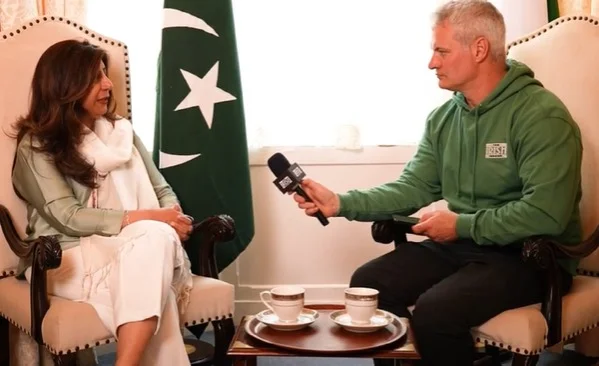
Lessons from the Good Friday Agreement for India and Pakistan
The Irish Insider: We’re approaching the 30th anniversary of the Good Friday Agreement in Ireland. What do you think is the main lesson that India and Pakistan can take from that process? Would it be the role of international mediation, or something else? And secondly, does it give you any optimism for a more long-term resolution to the conflict between the two countries?
Ambassador: I think it’s very clear, and history teaches us that all conflicts are eventually resolved at the negotiating table. There is no alternative to dialog and for talks to resolve political disputes. Jammu and Kashmir is not about real estate. It’s not about property. It’s not about territory again, usually India frames it in those terms. But for us, it’s a political dispute. It is the unfinished agenda of the partition of India and the independence of Pakistan.
And therefore, as you would know, and people in Ireland would know, that political disputes eventually have to be resolved politically, and for that, there has to be a mechanism for talks. Since the past 10 years, there has been no bilateral dialogue between India and Pakistan.
India is averse to any bilateral talks. India is averse to any third party or international mediation, and therefore we are at a dead end in terms of that. That is an unsustainable situation between two nuclear capable countries that have no dialogue mechanism in a time of crisis as such as what we have just gone through.
So yes, absolutely, there has to be a dialog. And there are UN Security Council resolutions that are there the UN is a natural mediator international powers are it is in the interest of global peace and security to resolve the Jammu and Kashmir dispute once and for all, so that there is no there is no repetition of what happened in Pahalgam and the subsequent actions that the government of India took against Pakistan.
Prospects for the Ceasefire to Hold
The Irish Insider: In your opinion, do you think the ceasefire is likely to hold?
Ambassador: Well, we hope that the ceasefire holds. Of course, as I said, we do not wish for war in our country, in our region, the world cannot afford another conflict.
So we hope that sanity prevails and the ceasefire holds, and that India, we hope, has learned a lesson, and that that kind of adventurism in our region and into Pakistan is something that they should not be thinking of repeating again.
The Irish Insider: Thank you for your time.
Don’t miss the full story—scroll down to watch the exclusive interview.
LATEST NEWS
DISCOVER MORE

